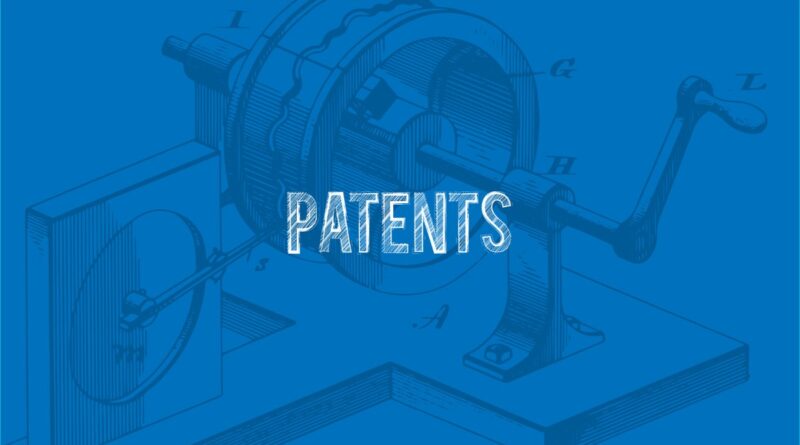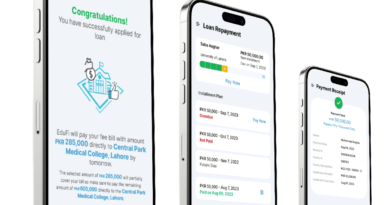IP for startups: When (not) to patent your inventions
When it comes to intellectual property, “patents” might spring to mind. A good patent can give startups a competitive edge, and once you’ve been granted one, nobody can come and mess with your technology, right? Not so fast. A lot is changing in the patents world, and things can quickly start to get complicated.
We spoke with Michele Moreland, general partner at Aventurine, a venture fund that is taking an IP-first approach to investing. Moreland has been at the cutting edge of IP strategy throughout her career and has been responsible for $3 billion in patent verdicts as a portfolio strategist. As a trial lawyer, Moreland represented some of the most important tech companies of our time, including Qualcomm, Amgen and Nvidia.
In this article, we’ll explore what to look for when hiring patent counsel, how much it typically costs to file a patent, the difference between provisional and full patents, how patents can be an important part of your IP strategy, and why trade secrets may be a better bet in some cases.
What’s a provisional patent?
The America Invents Act (AIA) was passed in 2011, dramatically changing how patents work in the U.S. Until 2011, the U.S. was a “first to invent” system, meaning that if you were the first person to come up with an invention, the patent was yours. The new system is more aligned with patent systems across much of the rest of the world and is a first-to-file system. We went from a race to build to a race to the patent office.
Of course, writing up a full patent application is nontrivial, and that’s where provisional patents come in. A provisional patent application (PPA) is a legal document filed in the United States Patent and Trademark Office that establishes a filing date. This patent does not automatically become an issued patent: Applicants have a year to apply for the full patent (sometimes known as a utility patent). A provisional application allows inventors to secure a “patent pending” status for their invention without engaging in the full, formal patenting process.





